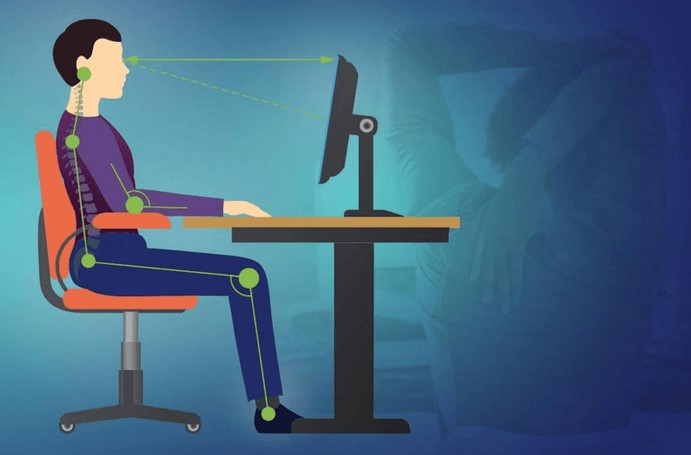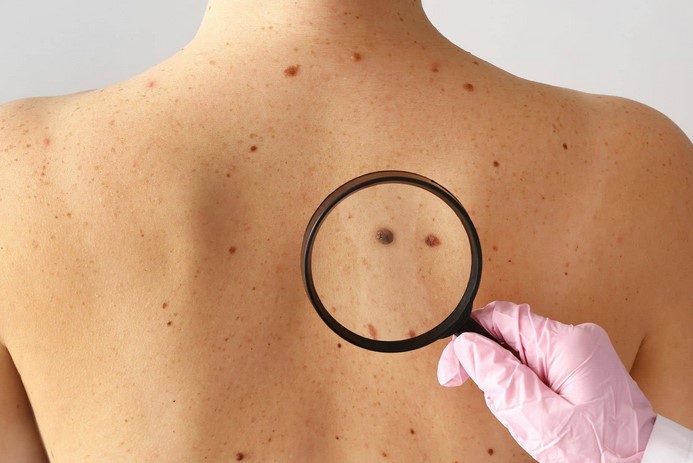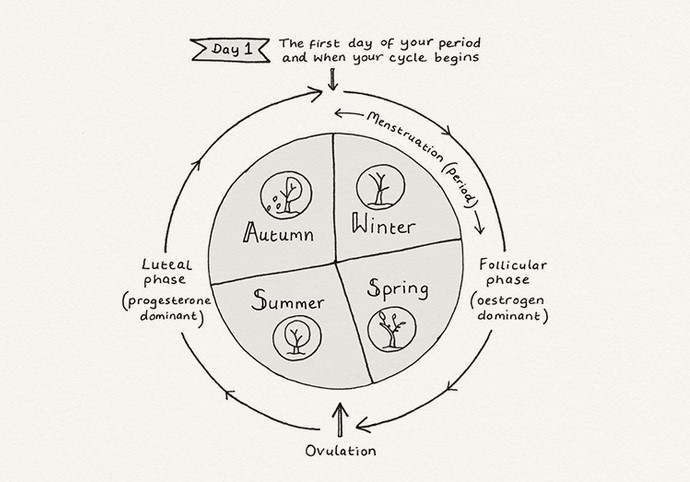
In today’s fast-paced work culture, maintaining comfort, efficiency, and long-term health is critical for employees. Ergonomics at work focuses on designing workspaces and tasks to fit the physical and cognitive abilities of employees, reducing strain, injury, and fatigue while enhancing productivity. Incorporating ergonomics principles helps prevent musculoskeletal disorders, improves mental focus, and creates a more sustainable and supportive work environment. This article explores key strategies for implementing ergonomics at work, practical tips for office and remote settings, and guidelines to foster long-term health and efficiency.
Understanding the Importance of Ergonomics
Ergonomics is the science of designing workplaces, tools, and tasks to match the needs and capabilities of employees. Without ergonomic considerations, workers are at risk of repetitive strain injuries, back pain, eye strain, and fatigue. Beyond physical well-being, poor ergonomics can affect mental health, concentration, and overall job satisfaction. Understanding the principles of ergonomics enables organizations to create healthier workspaces that enhance employee performance while reducing healthcare costs and absenteeism.
Key Elements of Workplace Ergonomics
- Posture and Seating
Proper posture is essential for reducing strain on the spine, neck, and shoulders. Ergonomic chairs should provide lumbar support, adjustable height, and comfortable cushioning. Employees should sit with feet flat on the floor, knees at a 90-degree angle, and arms supported at desk level. Encouraging periodic posture adjustments and breaks reduces the risk of musculoskeletal issues. - Workstation Layout
The arrangement of monitors, keyboards, and other tools should promote neutral body positions. Monitors should be at eye level to avoid neck strain, and keyboards and mice should be positioned to allow relaxed shoulders and elbows. For employees using multiple screens or devices, adjustable monitor stands and cable management systems help maintain a clean and efficient workspace. - Lighting and Visual Ergonomics
Adequate lighting is crucial for eye health and productivity. Natural light is ideal, but task lighting can supplement it to reduce glare and shadows. Screens should be positioned to minimize reflections, and employees should follow the 20-20-20 rule—looking at something 20 feet away for 20 seconds every 20 minutes—to reduce eye strain. - Movement and Breaks
Sitting for prolonged periods is a major risk factor for cardiovascular disease, obesity, and back pain. Encouraging regular breaks, stretching exercises, and walking helps maintain circulation and energy levels. Adjustable sit-stand desks allow employees to alternate between sitting and standing, further reducing physical stress.
Implementing Ergonomics in Different Work Environments
Whether in a traditional office, home office, or hybrid setup, ergonomics can be applied effectively through careful planning and adaptable solutions.
1. Office Environment
- Provide adjustable chairs and desks for employees.
- Offer keyboard trays, footrests, and monitor risers to accommodate different body sizes.
- Design spaces that allow movement, including walkways and areas for stretching.
- Educate employees about posture, lifting techniques, and proper workstation setup.
2. Remote Work and Home Office
- Encourage employees to use ergonomic chairs and desks, even at home.
- Provide guidance on monitor placement, lighting, and accessories for home setups.
- Promote virtual wellness programs, including stretching exercises and ergonomic consultations.
- Encourage employees to schedule regular breaks to move and change positions.
3. Equipment and Technology
- Ergonomic keyboards, mice, and wrist supports reduce strain on hands and wrists.
- Voice recognition software can minimize typing and reduce repetitive stress.
- Adjustable monitor arms, document holders, and standing desk converters enhance posture and workspace flexibility.
Training and Awareness
Employee awareness is key to successfully implementing ergonomics. Organizations can conduct workshops, training sessions, and regular evaluations to ensure proper practices are followed. Managers should encourage a culture of feedback, where employees report discomfort and suggest improvements. Ergonomic assessments, both in-person and virtual, can identify problem areas and recommend targeted solutions.
Benefits of Ergonomics at Work
The advantages of implementing ergonomics go beyond reducing physical strain. Employees experience improved comfort, increased focus, and higher morale. Reduced absenteeism and lower injury rates translate into cost savings for organizations. Additionally, a well-designed ergonomic workspace demonstrates a commitment to employee well-being, which enhances retention, loyalty, and overall job satisfaction.
By integrating ergonomic principles into daily routines, companies can create a healthier, safer, and more productive work environment. Simple changes, such as adjusting chair height, optimizing screen placement, and incorporating movement throughout the day, can have long-lasting impacts on employee health and performance.
In conclusion, ergonomics at work is essential for fostering a safe and efficient workplace. By prioritizing proper posture, workstation design, lighting, movement, and employee education, organizations can reduce the risk of injury, enhance productivity, and promote overall well-being. Implementing these strategies ensures that employees remain healthy, comfortable, and motivated, contributing to a thriving and sustainable work culture.



